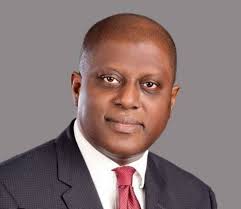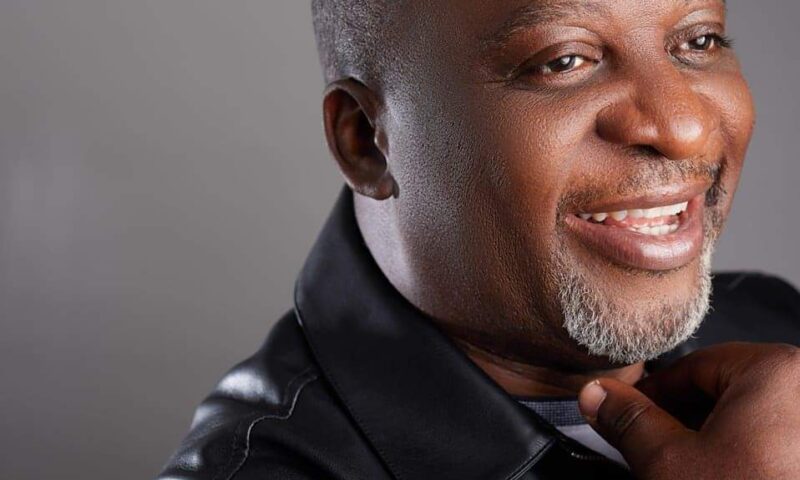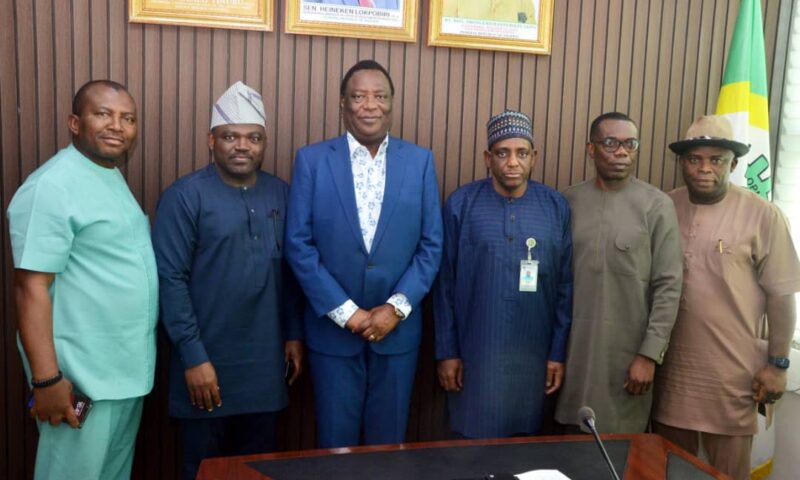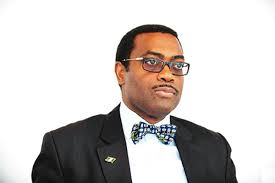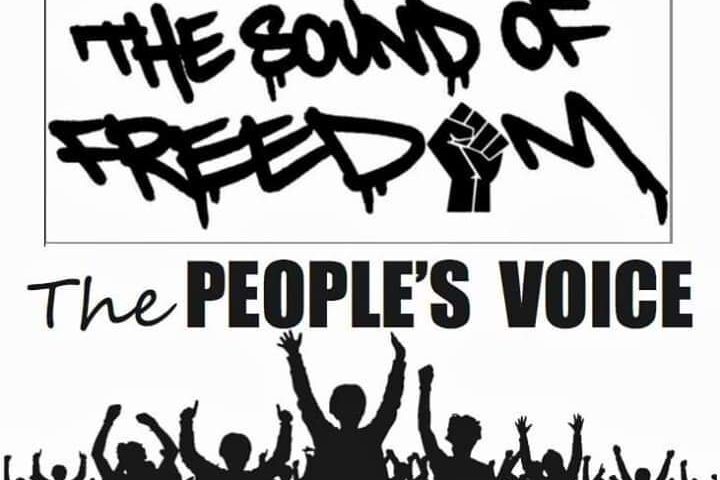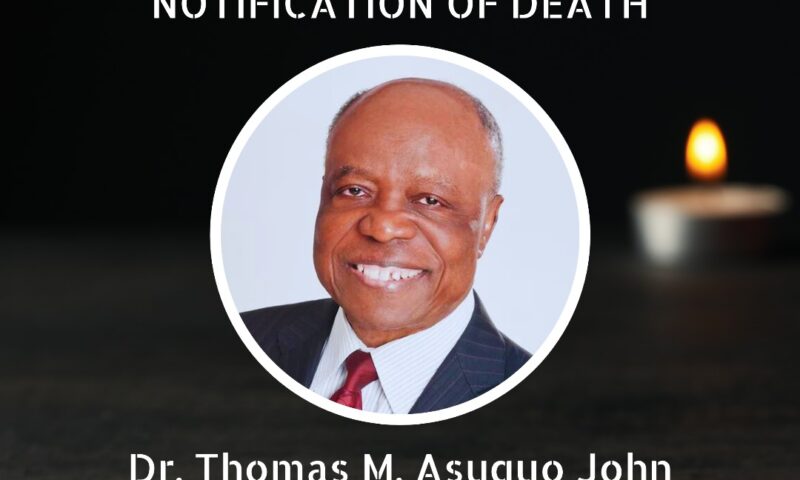CBN Projects Less Revenue From Crude Oil Exports In 2024
Mohammed Shosanya
The Central Bank of Nigeria (CBN), has projected a decline in Nigeria’s inflation and exchange rates, as well as less revenue from crude oil exports in 2024.
In his declarations on Thursday in Abuja, the CBN Governor, Olayemi Cardoso, told a joint committee of the National Assembly on Banking, Insurance and other Financial Institutions, that total trade from Nigerian Foreign Exchange Market (NFEM), stood at N18.804 billion in the third quarter (Q3) of 2023.
He explained that the outlook for the domestic economy in Nigeria for 2024 remains positive as both the Inflation and exchange rates would withstand fluctuating pressures on them and get stabilized.
“The outlook for the domestic economy remains positive and is expected to maintain the positive trajectory for 2024.
“Inflation pressures may persist in the short – term but are expected to decline in 2024. Exchange rate pressures are also expected to reduce significantly with the smooth functioning of foreign exchange market”, he said.
Cardoso told the committee that the unification of the exchange rate windows in June 2023 ushered in a new approach to the management of the exchange rate, aimed at reducing arbitrage, rent seeking behaviour and speculation in the market.
“The policy aims at creating a market where the demand and supply of foreign exchange determines the exchange rate.
“The premium has narrowed and our focus on increasing the autonomous FX supply , would lead to more stability and further narrowing of the premium.
“Total Trade in the third quarter of 2023 , stood at N18.804.68billion . Exports were valued at N10.346.60billion while total imports stood at N8.457.68billion. This represents positive trade balance, which would lead to an increase of the external reserves,” he said.
He stated that due to domestic prevailing factors, less revenues would be earned from oil exports in 2024 .
“We expect less revenue from oil exports due to the production limit of 1.78mbpd in 2024 . OPEC approved quota for Nigeria is 1.8mbpd , which is higher than the 2024 budget assumption .
“However, the country ‘s production has been below these thresholds . The budget benchmark for 2023 was 1.69mbpd , but the highest level of production during the year was about 1.35mbpd in Q3 of 2023.
“The reasons for the underperformance of the oil production target , include , crude oil theft and pipeline vandalization , production shut – ins and divestments by major oil companies,” he added.
Earlier, the Chairman of the joint committee, Senator Tokunbo Abiru ( APC Lagos East), said the interactive session was organized for statutory briefing by CBN in line with extant laws.
Co-chairman of the committee, Hon Bahir Bello El-Rufai, in his remarks, commended the Apex Bank Boss and the entire management team on measures being put in place to stabilise the economy generally.


